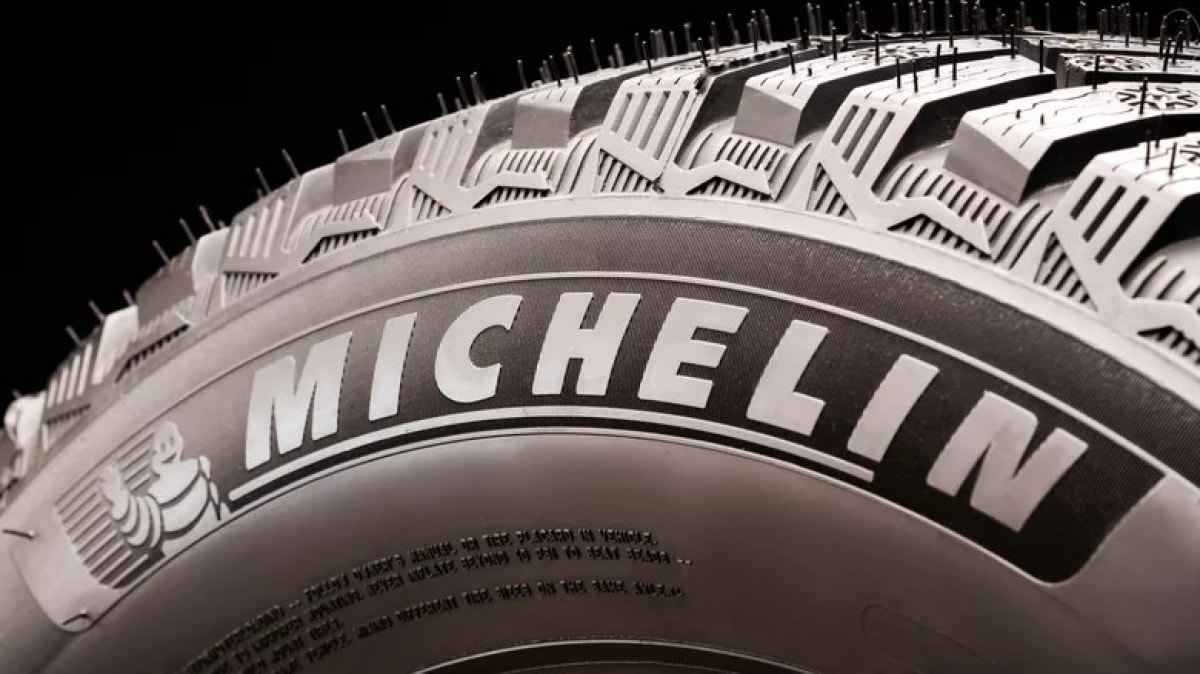Expert advice on changing car tires
Here are 10 expert tips for buying new tires to keep you and others safe.
Tires are one of the most important parts of a car. Poor quality tires put drivers and passengers at risk of causing accidents, both to themselves and others. According to the National Highway Traffic Safety Administration (NHTSA), tire failure causes about 11,000 car accidents each year, and that number continues to rise. Therefore, it is important to ensure that your car tires are in good condition. The following tips will help you find the right tires for your car, avoid accidents, and enjoy a great driving experience:
Make sure you need new tires
 |
The first step in buying new car tires is to determine whether they need to be replaced. This is not always as simple as it sounds, and requires technical expertise. A simple visual inspection may not reveal the true condition of the tire, and the owner may need to seek professional help to determine the problem. On the other hand, car tires can be quite expensive, with buyers typically spending between $400 and $1,500 for a new set.
Car owners can usually identify worn tires by characteristics such as fading, bulging, small bumps and dents in the tread, cracks in the sidewall, or shallow or uneven grooves. In addition, drivers can check for unusual vibrations or noises coming from the tires.
Know the type and size of tire to buy
Buying the wrong type of tire is extremely dangerous and increases the risk of an accident. Therefore, you should carefully research the right tire for your vehicle. First, consider the tire size. Large, medium, or small tires are cheaper and more common. Second, consider the tire manufacturer. Each tire brand, such as Michelin, Goodyear, and Bridgestone, offers different levels of rolling resistance. To be sure, consult an automotive expert.
Check other factors and ratings
Type and size are not the only factors to consider when buying new tires. Since different types of tires have different wear and load-carrying specifications, you should gather this information from your current tires before switching to new tires. In addition, all four wheels of the vehicle should be inspected for problems such as tire damage, rim deformation, and wheel misalignment. Consult a mechanic or automotive expert on this matter.
 |
Pay attention to the tire code
The manufacturer will engrave a few lines of text on the sidewall of the tire, indicating the product's technical specifications. The most important line to pay attention to is the "tire code". It is a combination of letters and numbers that represents seven main technical specifications: tread width, tire type, height-to-width ratio, expected wheel diameter, internal structure, load rating, and speed rating. All of these parameters can be easily explained with the tire owner's manual and index guide.
For example, the 2005 Toyota Corolla has a spare tire code ofP 175/70R14 84 H.Pmeans this is a car tire; the tread width is175mm; height-width ratio is70;RThe internal radial structure and the expected diameter of the wheel are14inch (35.56 cm). Additionally, with load index84, the tire is rated to carry a maximum load of 500 kg per tire and can travel at a maximum speed of 209 km/h, according to the speed rating ofH. The last two specifications are the most important. Exceeding these will put your car at risk of premature failure.
Consider future vehicle use cases
Driving habits and location should also be considered when purchasing new tires. Those who use their vehicles frequently should choose tires that emphasize durability and longevity. The nature and terrain of the vehicle are also factors that cannot be ignored when choosing the right set of tires. Those who live in colder regions should choose tires with high grip to avoid accidents on icy and slippery roads. On the other hand, car owners in temperate climates should choose tires that can withstand heat for long periods of time.
Listen to the car manufacturer's advice
Car manufacturers are often careful to advise on the best type of tire for your vehicle, so you should consult your car's owner's manual before buying tires. If you don't have one, check the tire placard on your door jamb, which contains information about your vehicle's load capacity, main tire code, spare tire code, and tire pressure.
If you own an electric vehicle (EV), it’s even more important to check the manufacturer’s information. The tires have to support the extra weight of the battery pack and transmission. EVs have more instant torque than gasoline cars. Other factors like traction, noise, and rolling resistance also need to be taken into account.
Refer to many markets
Physical purchases allow you to inspect the tires before you buy them to ensure they are of high quality. On the other hand, online stores can offer attractive perks to buyers. They may sell the same tires at a lower price or offer a discount when buying a set of four tires. Additionally, with home delivery, car owners will not face any inconvenience.
Some people prefer to buy from online stores that offer special prices and deals. Many people choose to go to a local store or dealer and negotiate a deal with the store manager. The key is to find the right market for you in terms of finance, convenience, and tire quality.
 |
Read buyer reviews
Reading reviews from people who have purchased or used tires is the best way to determine if a product is reliable. Customer reviews provide information about the tire's performance and the driving experience it provides. Be sure to read negative reviews as well to get the most complete picture possible. This information will help you eliminate some options and find the tire that best suits your car.
Change all four tires at once
The cost of replacing all tires is certainly much higher than replacing one tire, and many buyers will hesitate to make this decision. However, the investment is completely worth it when it comes to the safety of you and your loved ones. To minimize costs, look for promotions such as discounts or free shipping.
Should I buy new or used tires?
Buying a new set of tires can be difficult for those on a tight budget. Used tires in good condition can provide comparable value at a lower price. Of course, the lifespan of used tires will be significantly reduced. Even when buying used tires, car owners should research tire specifications and ratings, as well as load capacity and speed ratings.

